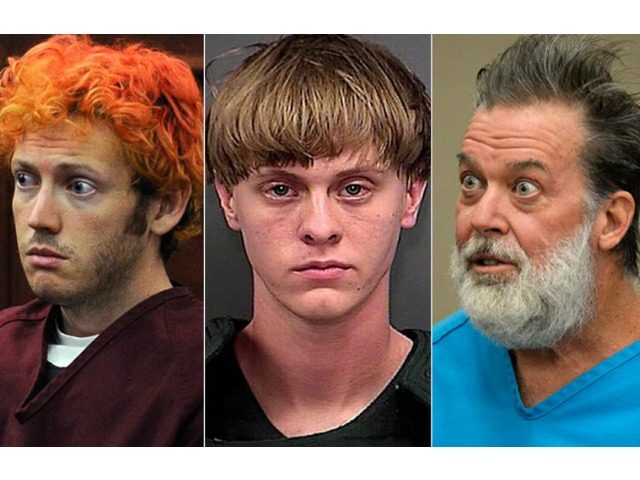The American Psychiatric Association (APA) pushed back against President Trump for emphasizing the festering mental health crisis in the U.S. in the wake of the tragic shootings that took place in El Paso, Texas, and Dayton, Ohio, over the weekend.
President Trump addressed the nation Monday, condemning racism, bigotry, and white supremacy, and pressing the need for mental health reforms in the U.S.
“We must reform our mental health laws to better identify mentally disturbed individuals who may commit acts of violence,” Trump said, adding that we need to “make sure those people not only get treatment, but when necessary, involuntary confinement.”
“Mental illness and hatred pull the trigger. Not the gun,” Trump added:
The APA took issue with the emphasis on mental health and released a statement, warning that such conclusions “further stigmatize” individuals battling mental illness. APA’s CEO Arthur C. Evans Jr. placed the blame squarely on “access to guns.”
“Blaming mental illness for the gun violence in our country is simplistic and inaccurate and goes against the scientific evidence currently available,” Evans said in a statement:
The United States is a global outlier when it comes to horrific headlines like the ones that consumed us all weekend,” he continued. “Although the United States makes up less than 5% of the world’s population, we are home to 31% of all mass shooters globally, according to a CNN analysis. This difference is not explained by the rate of mental illness in the U.S.
“The one stark difference? Access to guns,” he added before decrying the fact that Americans “own nearly half of the estimated 650 million civilian-owned guns in the world.”
He continued:
As we psychological scientists have said repeatedly, the overwhelming majority of people with mental illness are not violent. And there is no single personality profile that can reliably predict who will resort to gun violence. Based on the research, we know only that a history of violence is the single best predictor of who will commit future violence. And access to more guns, and deadlier guns, means more lives lost.
He said Trump’s call to do a “better job of identifying and acting on early warning signs” needs to be based on data rather than “prejudices and fear” and concluded that U.S. civilians need to have their access to “assault weapons and high-capacity magazines” limited.
“We need to limit civilians’ access to assault weapons and high-capacity magazines,” he said. “We need to institute universal background checks. And we should institute red flag laws that remove guns from people who are at high risk of committing violent acts.”
“The president clearly said that it is time to stop the hateful rhetoric that is infecting the public discourse,” he continued. “We ask that he use his powerful position to model that behavior.”
“And we ask that the federal government support the research needed to better understand the causes of bigotry and hate, and their association to violence, so that we may devise evidence-based solutions,” he concluded.

COMMENTS
Please let us know if you're having issues with commenting.